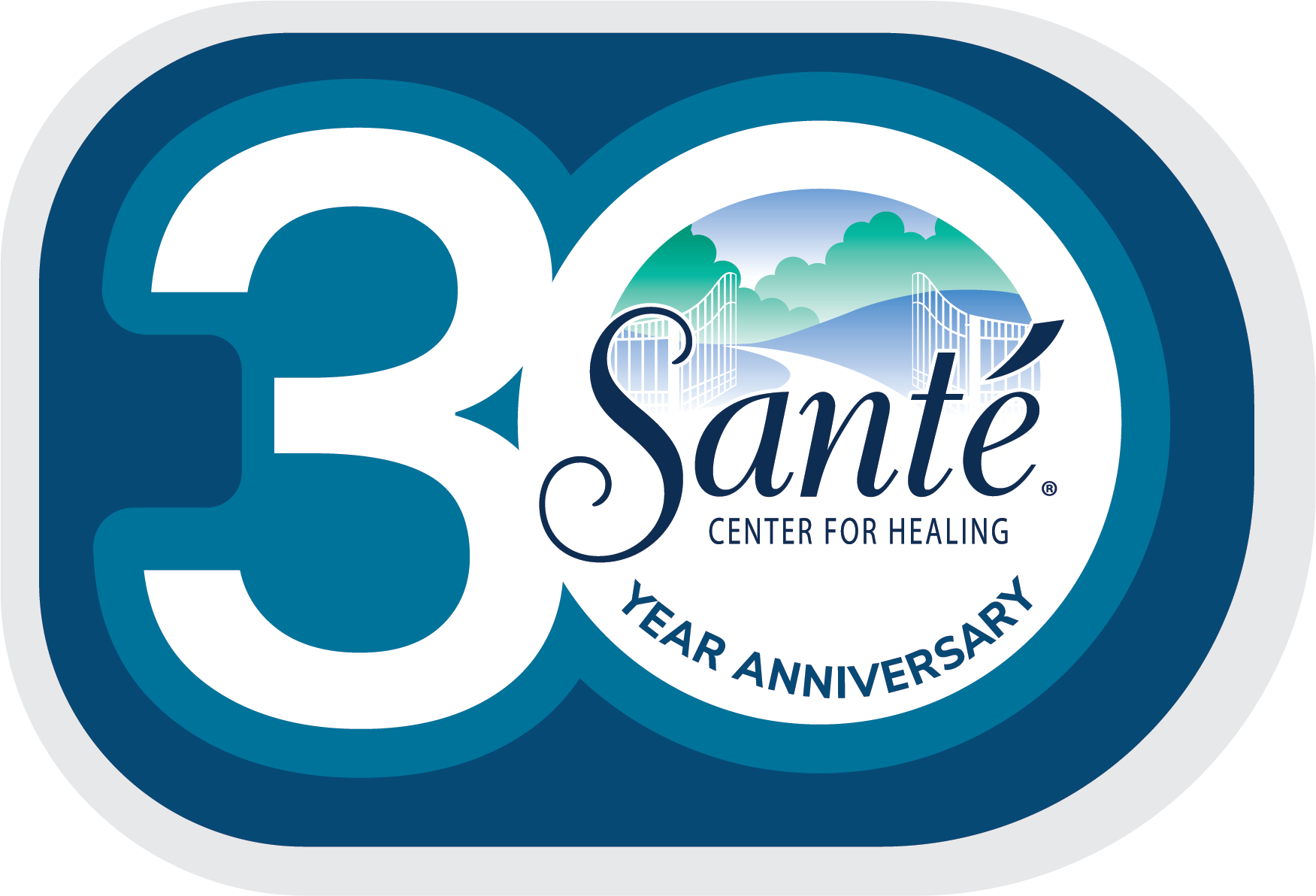Addiction is unsettling. It’s distressing to see your loved one grappling with addiction. It is discouraging when it seems like nothing you do makes an impact. Families and friends always want to know what they can do to help their loved ones.
How Can I Help My Loved One Without Enabling Them?
There’s a difference between supporting their attempts to discontinue their substance use and enabling their illness to persist. It is helpful to learn to determine where the line between helping and enabling them is. The more you learn about addiction and mental health, the greater the chances of being supportive rather than enabling.
What Is Enabling?
Enabling occurs when friends or loved ones unintentionally make addictive behavior practical through their choices and behaviors. Enabling may look like:
- Providing funds for food, while knowing it will go to paying for the addictive substance
- Choosing to overlook uncharacteristic behaviors hoping they’ll stop on their own
- Shielding them by not reporting illegal activities like stealing due to the possible implications
These enabling acts safeguard the user from experiencing all of the consequences of their drug abuse. The addict interprets these well-intentioned acts into a sign for them to remain in their substance abuse activities.
What are the Negative Aspects of Enabling Behavior?
The desire to help and the love for the addict fuels the enabling behavior. Enabling can have significant drawbacks. While these activities initially appear to offer momentary support directly to a loved one struggling with addiction, they can ultimately delay the recovery process and prolong the cycle of substance abuse. Some drawbacks to enabling behavior are:
- The enabler can get into financial trouble by helping their loved one. This empowers the addiction to persist.
- People that enable can also experience emotional issues. It is emotionally difficult to experience the destruction that can occur when an addict is in active addiction.
- Enabling perpetuates the addiction. This behavior can unintentionally allow the person to extend their substance abuse with little to no consequences.
- There is a decreased inspiration to change when the penalties of their actions are diminished or removed. Enabling an addict can prevent the initiation of recovery because they lack the reason or motivation that comes from facing their own consequences.
- Enabling behavior can cause tension in relationships. This tension can cause broken relationships and a cycle of negativity.
Providing sincere support, as opposed to enabling, is more successful in helping those with addictions. In order to promote recovery, seek professional guidance and support for both the addicted person and the enabler. Involving a professional is often necessary to break the cycle of enabling and to promote a path towards recovery.
Keep in mind that when you enable your loved one, you are changing the focus to yourself. You are removing support and connection from others who may need it more. Enabling behavior tends to take all of your focus, energy and efforts to one person. This can create negative emotions from others toward you and the one being enabled. Through enabling, you are deterring the enabled party from changing their behavior. Enabling deters them from progressing through the stages of change.
How Can I Detach From Enabling?
According to Family First Intervention, detachment is becoming educated on how to decrease your responsiveness to the addict. One of the main challenges comes when an addict has accepted help and enters treatment. The reactivity and powerlessness to disconnect when the substance user is removed from the family system are surprising. Families have become so used to chaos; when the addict is not present to fault, the family can still experience mayhem and drama.
What Are Some Examples of Healthy Detachment?
According to Family First Intervention, families can support the addict and not accept the addiction or the related activities. Here are some examples of detachment that can be beneficial:
- Everything doesn’t have to be an urgent dilemma. If they share with you a situation that they have, you don’t have to provide an automatic reply. It is better to check the validity of their stated situation.
- Condition yourself to avoid trying to prevent their crisis. It is important to allow the addict to be held responsible. Bad decision-making on their part should not create an emergency in your life.
- Remember, “helping” is doing something for someone that can’t do things for themselves. “Enabling” is helping someone who can do things for themselves but they avoid doing so because you’re taking care of it for them.
- Refrain from aligning your wellbeing with theirs. Don’t base your feelings on their feelings. Remove yourself from this emotional rollercoaster.
- Don’t allow the addict to blame you for their issues. The addict may throw blame on others constantly. Allowing them to make you feel bad supports their reasoning that others are the problem, not their behaviors. Accepting this blame also creates guilt and shame.
- Attend family recovery and other groups such as Al-Anon. Get support from peers who will tell you: you are not responsible for your loved one’s addiction, recovery or behavior. However, you are responsible for your recovery. You have no control over them, but you have complete control over how you choose to respond to them.
How can I stop enabling a loved one?
- Educate yourself on addiction and mental health. It is important to learn about what occurs in the brain for an addict specifically. Understanding what your loved one is dealing with in their addiction and their recovery can assist with being prepared for what can be done to best support them.
- Attend a family 12-step program such as Al-Anon family groups, Alateen, Nar-Anon family groups, or FA (Families Anonymous).
- Engage a therapist for family therapy to address the way substance abuse affects the entire family. With the help of a licensed therapist, you can uncover and address underlying issues in the family dynamic and help the addict discuss their feelings in a safe, neutral setting. This setting can also be a positive way to help separate the disease of addiction from the actions it causes and from their own sense of self.
- Review your boundaries. Boundaries are a wonderful way to indicate where your relationship stands, where you end, and where they begin. It is another way of communicating your love for them but not for their addiction.
- Focus on effective communication to building and maintaining strong relationships. Effective communication includes clear communication, positive body language and active listening. Conversations are constructed in such a way to be engaging, focused, consistent and offer value. Effective communication can provide a sense of clarity of next steps and expectations, and a sense of accomplishment for all involved.
- Take time for yourself. It is not unusual for the family members of those in active addiction to forget who they are and what they want. Engage in activities that are enjoyable. Remind yourself you didn’t start this behavior, you can’t fix them, and you can’t control them.
- Break the secrecy and allowing it to control your life. Some families do what they can to conceal a loved one’s addiction. Some families allow the drug dependency to dictate when and what they can or cannot do. It is important to be firm with your loved one and refuse them the kinds of support that permit their drug use.
How Can I Support a Loved One Who is In Active Addiction?
Support can look like:
- Learning about addiction and mental health.
- Seeking support from other family members and friends. Share your observations with them to be sure you are all on the same page.
- Talking with the addict, but do more listening than talking in order to build trust with them.
- Reassure your loved one that it is okay to need and seek help.
- Offer to go with them to an “open” 12-step meeting, medical or therapy appointments or to check out an addiction treatment center like Santé Center for Healing with them.
- Share your honest feedback about how their substance use is impacting you.
- Tell them how much you love and care for them and how you want them to be healthy, safe and present in your life.
If you or someone you know is struggling with addiction, there is effective help available. You can live a life in long-term recovery. Santé Center for Healing provides integrity-driven, evidence-based, and personalized long-term recovery customized for those suffering from substance use disorders, mental health, trauma, problematic sexual behavior, co-occurring disordered eating and other compulsive behaviors. Founded in 1996, Santé’s mission is to provide long-term recovery because left untreated, addiction is a fatal disease.
Images by Rawpixel.com.
Follow us on social media for more:


